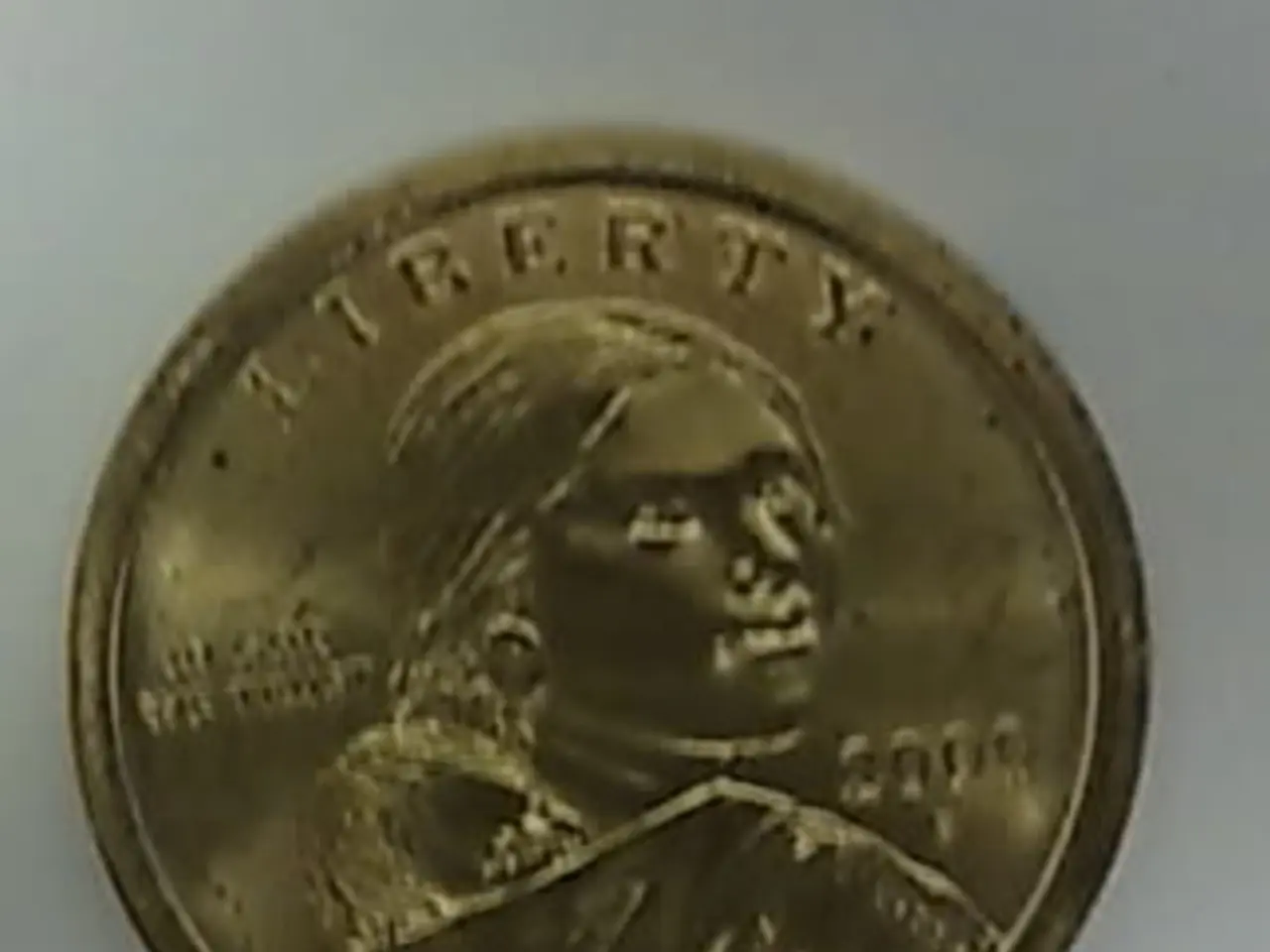Unveiled: The covert connection between the clandestine mining market and money laundering activities
Kenya's gold industry, primarily composed of artisanal and small-scale mining, operates with minimal government oversight and regulation. Unlike Tanzania, which has centralised and regulated gold sales, Kenya's gold trade remains vulnerable due to the absence of clear policies and central selling points.
This lack of regulation has created an environment ripe for scams, smuggling, and money laundering. Researcher and communication strategist, Brian Odhiambo, has highlighted Kenya as a convenient corridor for illicit gold from Sudan and Congo.
The money laundering process in Kenya's gold trade consists of three stages: placement, layering, and integration. Placement involves illicit cash entering circulation through mobile money or bureau de change outlets. Layering disguises funds using shell companies registered as hotels, logistics firms, or salons. Integration is the reinvestment of laundered money, most visibly in real estate, with luxury apartments in Nairobi's Kilimani, Lavington, and Kileleshwa frequently bought in cash for later liquidation.
Victims of these scams are often asked to pay large deposits, only to receive empty boxes or low-value substitutes. Scammers in Kenya's gold industry pose as legitimate traders, sometimes parading fake customs officers, police escorts, and glossy offices in Nairobi's upscale neighborhoods.
Customs officers, often compromised by bribes, make it difficult to plug the leaks in the gold trade. Odhiambo alleges that undeclared gold consignments worth $10 million can be declared as $2 million in Kenya. This practice further complicates efforts to monitor and regulate the gold trade.
The unmonitored gold trade and money-laundering schemes carry far-reaching consequences for Kenya. The country was grey-listed by the Financial Action Task Force (FATF) as a high-risk country for money laundering and terrorism financing. This listing makes it harder for Kenyan banks to access international credit lines and discourages foreign investors wary of opaque financial flows.
For Kenya to harness its mineral wealth responsibly, reforms are urgent to address money laundering issues. Specific information about companies or individuals frequently buying property in Nairobi's upscale neighborhoods Kilimani, Lavington, and Kileleshwa with cash and later converting it back into money is not readily available. However, it is clear that addressing the issues plaguing Kenya's gold trade is crucial for the country's economic stability and international standing.
Read also:
- chaos unveiled on Clowning Street: week 63's antics from 'Two-Tier Keir' and his chaotic Labour Circus
- Skechers Debuts First American Stores Focused on Athletic Footwear Performance
- Budget discrepancy jeopardizes highway projects' financial support
- Racing ahead in Renewable Energy Dominance: Changzhou, Jiangsu Pushes for Worldwide Renewable Energy Ascendancy




